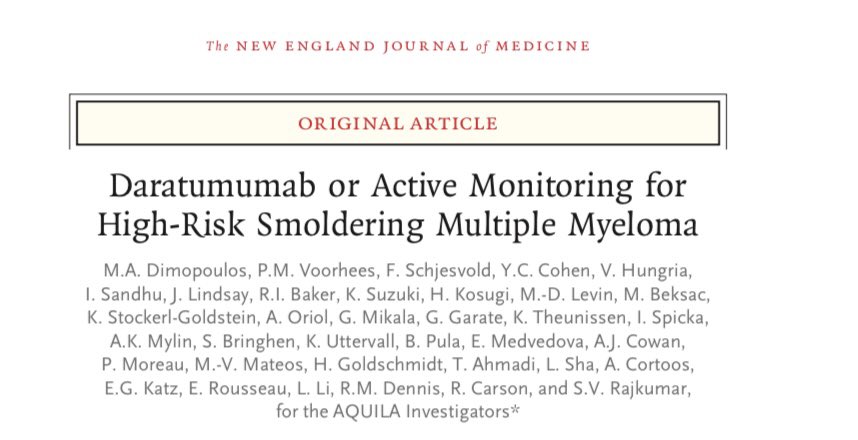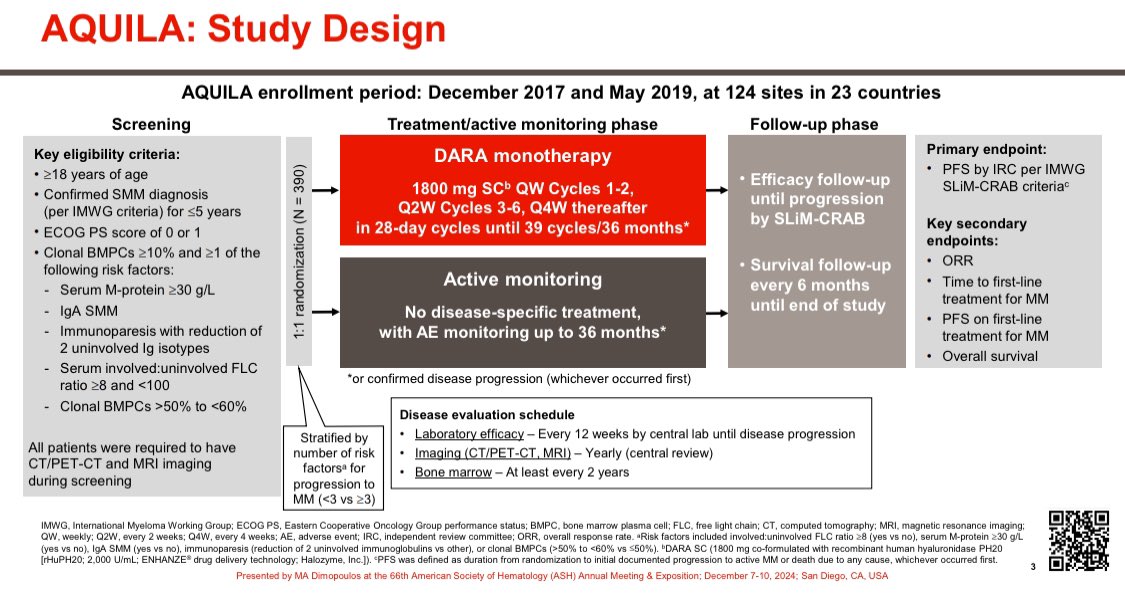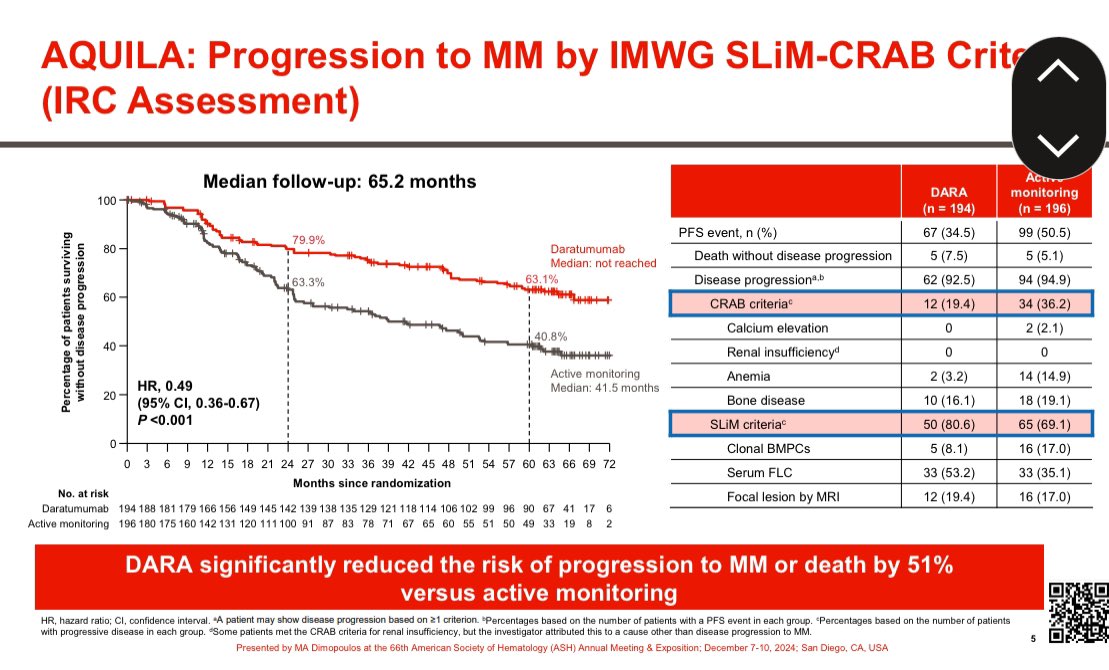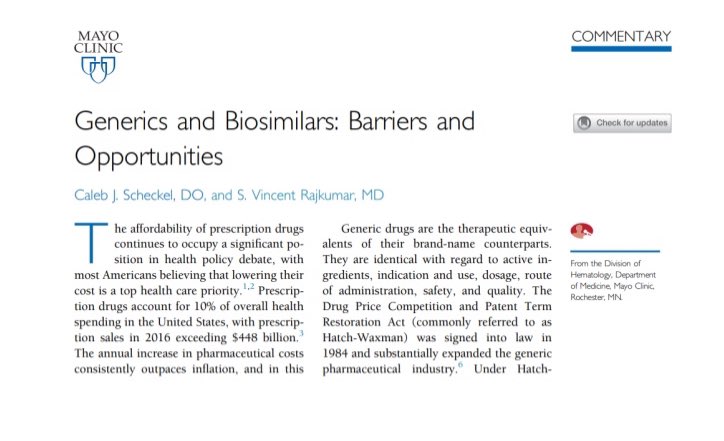After the multiple problems and flipflops we have seen this year with recommendations and guidances in COVID, the public must be aware that medical recommendations are only of value if they come from real experts.
Here are some thoughts on how to evaluate medical expertise.
1/
Here are some thoughts on how to evaluate medical expertise.
1/
First, recommendations should always list names of the experts on the panel so that we can evaluate whether or not guidelines or determinations are made by people with genuine expertise. Anonymous posts are not helpful & lack accountability. If names are not listed, I move on.
2/
2/
Second, do not fall for fancy leadership titles. While some titles reflect true expertise and academic leadership, some people with glowing titles may be far removed from research or patient care for a long time. Things change fast in medicine. Look past administrative titles.
3/
3/
Third, assess actual academic and research output on pubmed.gov — paying attention to papers written as first or last author, & whether they are recent. Alternatively for clinical medical judgment calls, determine whether or not they actually see & treat patients.
4/
4/
Fourth, try to find video or audio of experts speaking or giving a lecture. Usually you can tell people who know their stuff from those who don’t, once you hear them speak. For Eg., When Dr. Fauci speaks we know he is on top of things, and that he is well informed & wise.
5/
5/
Fifth, assess the composition of the panel for depth, but also breadth of knowledge. Some people with great depth lack the ability to see the big picture.
6/
6/
Finally, assess whether there are conflicts of interest. This is not easy. But sometimes it obvious. In recent months, a little too obvious.
7/
7/
• • •
Missing some Tweet in this thread? You can try to
force a refresh



















